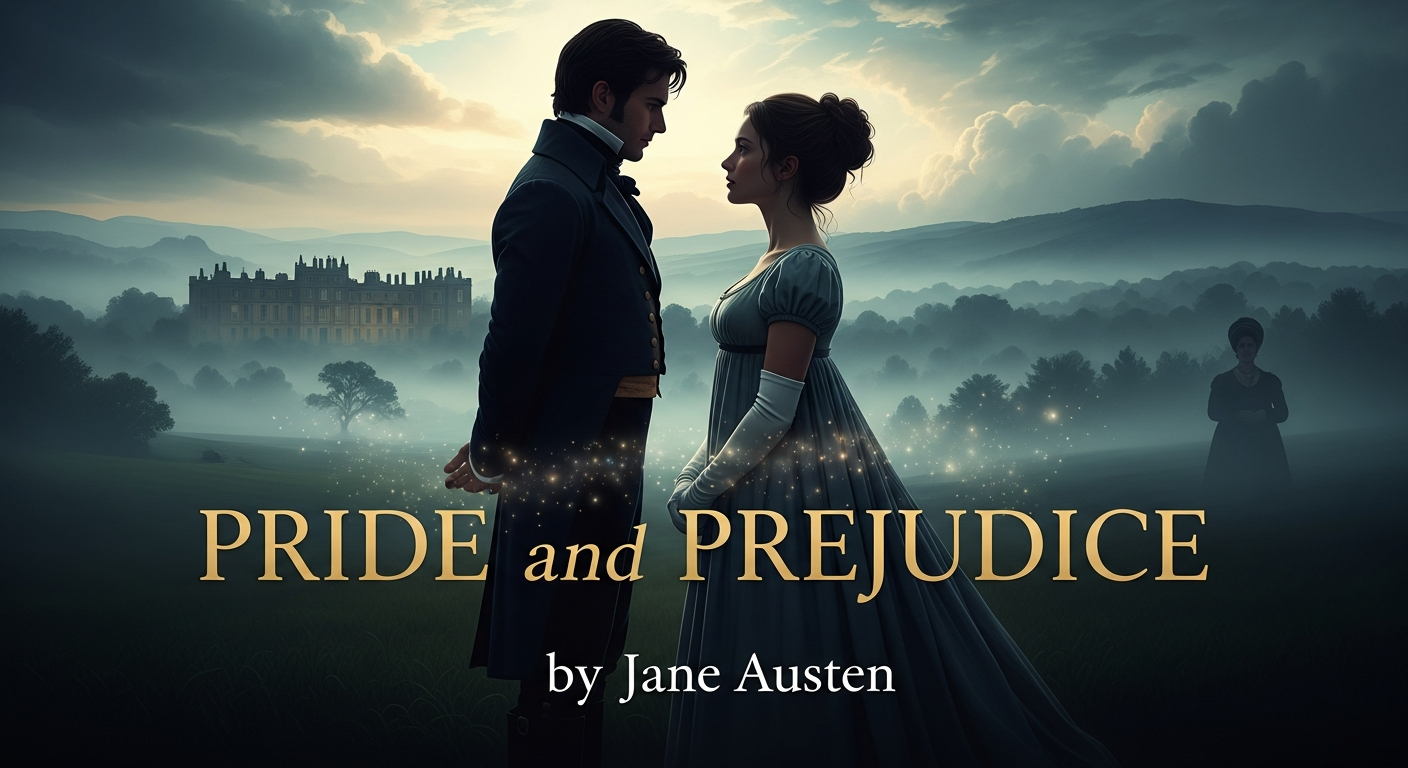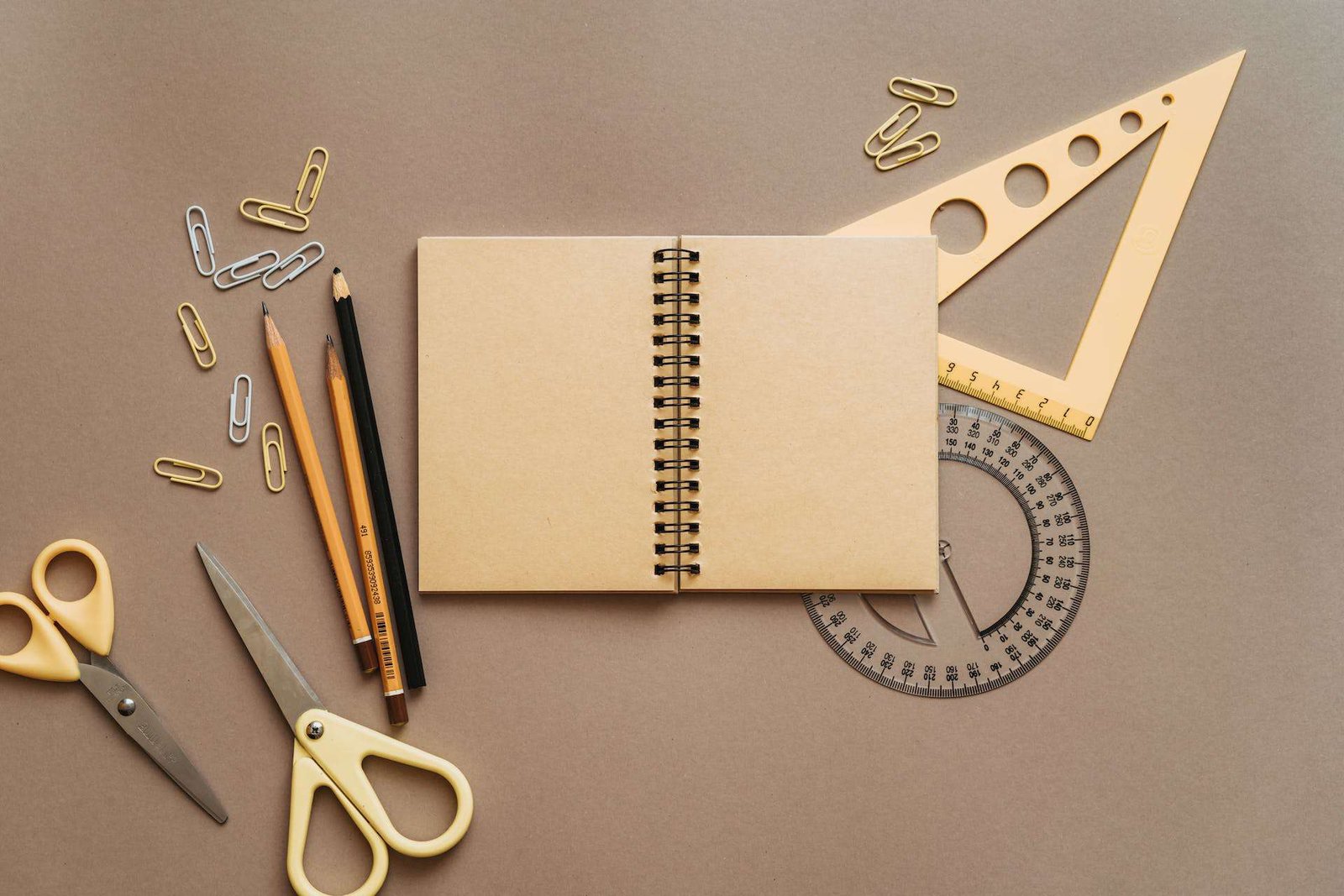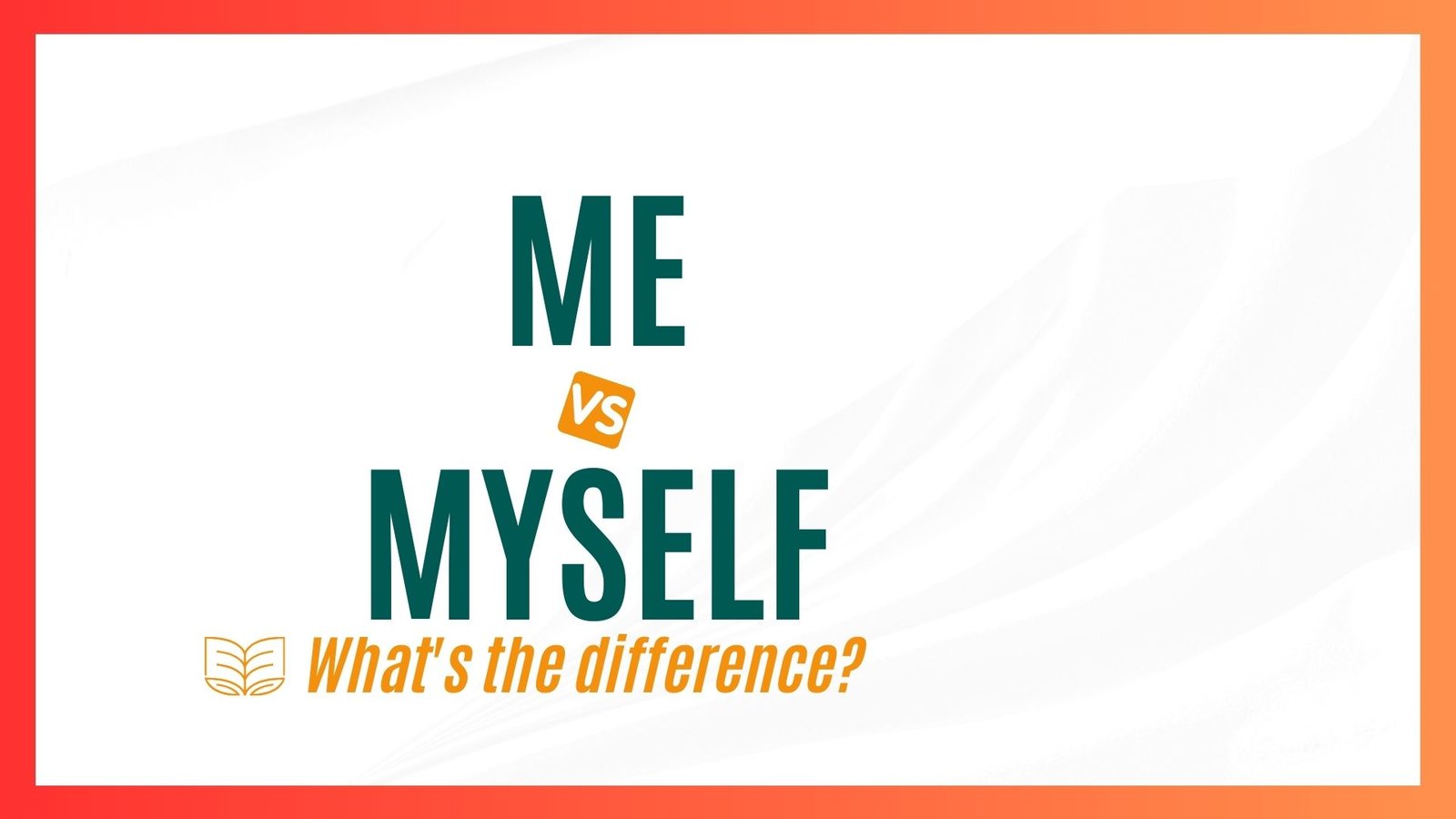

PETRA YVONNE ENGLISH
A Role Model
One might say that an ideal person does not exist, because everyone has both positive and negative traits. We try to respect some top values, such as: love, health, faith, family and friendship.
For most, our first role models were our parents. They taught us to be polite and friendly, to greet, respect and help people.
At school we learnt to be tolerant, patient, self-disciplined and hard-working. For small children, their teachers become the role models.
Now we know what is good and what is bad.
There are also:
1. PSEUDO IDOLS
These are not real idols. They are often overrated and admired for no good reason.
- teenagers look for role models outside their family among celebrities, because they
love music, movies and sports, they like pop singers, movie stars and famous
sportsmen; - they often idealize celebrities and try to imitate them in clothing, hairstyle, lifestyle;
- young people copy the way they look and behave;
- they often wish to be like them although their popularity does not usually last a very
long time; - pseudo-idols have great influence on people of a certain age;
- many celebrities can influence their fans negatively. They are drug or alcohol addicts,
their behaviour is wild and they may not respect other people. Perhaps they think
there are better than others because they are richer, more successful, more famous;
Actually, they may die young because of struggles with drug or alcohol. - However, some celebrities work for charity, helping the poor and starving, drug
addicted, differently abled, mentally-ill and more. These positive celebrities are: Bono
Vox from U2, Elton John, Angelina Jolie, or Robbie Williams.
2. REAL HEROES
Real – everyday heroes are also people who have difficult or challenging jobs, such as: firefighters, soldiers, doctors, lifeguards, etc. People who are brave and don’t hesitate to risk their lives and help the victims of accidents, or natural disasters such as earthquakes, droughts, wars, fires, or avalanches.
QUESTION TIME
Part 1
- Does an ideal person exist?
- Who are our first role models? Why do we need them?
- How would you describe pseudo idols?
- In what way can they influence us?
- Define real or everyday heroes.
3. FICTIONAL HEROES
Apart from existing heroes, there are also fictional heroes – heroes from books, films and plays. A fictional hero may be a person or animal. They are usually ordinary people who try to overcome obstacles in their lives. They have strong character: perhaps they are charismatic, nice, brave or fight against evil. They are admired by generations of readers.
An example of a modern literary hero is Harry Potter. He is a young wizard who, with the help of his friend is responsible for saving the world of witches and wizards. He fights against evil and wins. Every nation’s literature has such idols.
However, fictional heroes can be animals from Aesop´s fables. A fable is a short story, where animals act like people and they teach us a lesson or a moral about life. (The bear and the Travellers)
Unfortunately, there are some negative movie heroes and computer game heroes. They are often really aggressive, and all problems want to solve with violence. They have a bad impact on children who copy their behavior.
4. ORDINARY PEOPLE
Most of us admire people who are not famous but rather are ordinary. They represent certain positive human traits and values which we believe in:
- Love
- Health
- Family
- Integrity – There is a nice quotation by the Irish writer C.S.Lewis: “Integrity is doing the right thing even when no one is watching”.
- Honesty
- Responsibility
- Humility – There is another nice quotation by the Irish writer C.S.Lewis: “Humility is not thinking less of yourself but it is thinking of yourself less”.
- Forgiveness
- Politeness
- Kindness
- Self-discipline
- Fairness
- Good relationships and true friends
A TRUE FRIEND is someone who:
- is always there for you when you need them;
- always helps you when you have problems;
- always finds time to listen to you;
- doesn’t envy you when you are happy and successful;
- can also forgive and forget when you disappoint them;
- a good friend is honest, fun, unique and interesting, attentive;
- supportive of you and your goals;
- a friend you can trust;
- accepts you for who you are.
Quotations about friendship
“True friends are like stars. You don’t always see them, but you know they are there.”
“A friend in need is a friend indeed.”
“A friend is someone who knows everything about your life and still loves you.”
QUESTION TIME
Part 2
- How would you describe positive fictional heroes? Why do we need them?
- Can you give an example of a literary hero?
- Why do violent heroes harm children?
- Which ordinary people can become our idols?
- What positive human traits and values do they represent?
- How would you describe a true friend?
- Do you know any quotations concerning friendship?
5. MY ROLE MODEL
OWN WRITING
Layout
A. Introduce the person (give a little bit of background – who it is)
B. Describe look / appearance
C. Describe personality
D. Write about her/his likes & dislikes
E. Reasons why you look up to this person
A. Introduce the person
(For example, writing about your mother:)
I´ve got a small family. We love each other very much and we get on well. Among them, I love my mother more than anyone else in the whole world. I adore my mother for her caring, loving, outstanding behaviour and wit. She is a person I can share everything with and that´s the reason I look up to her so much. She was the first human I saw when I opened my eyes in this world.
B. Describe look/appearance
WHAT DOES SHE/HE LOOK LIKE?
- GENERAL APPEARANCE
- AGE
- HEIGHT and BUILD
- HAIR
- EYES
- FACE and DISTINGUISHING / TYPICAL FEATURES
GENERAL APPEARANCE
She is a (an ) …
- attractive, good looking woman, very cute, pretty, lovely and charming, nice and friendly, funny, gorgeous, beautiful….
AGE
She is a (an ) …
- an elderly woman, she is a middle-aged woman, she is in her 40s, young in spirit ….
HEIGHT & BUILD
She is…/ He is…
- She is tallish (quite tall)/ shortish (quite short).
- She is very tall and well-built.
- She is average/normal/medium height.
- He is muscular.
- He is weak/frail.
- He is a little bit overweight.
- He isn’t very slim (especially round the waist).
- He has a beer belly.
- She is slim.
- She is slender.
- She is plump.
- She is stocky.
- She is chubby.
TYPE OF HAIR
She has (got)… / He has (got)…
Hair can be:
- long, short, shoulder-length, straight, wavy, curly, dark, fair, brown, blonde, red, dyed
hair …)
HOW TO DESCRIBE SOMEONE’S HAIR
When you want to describe someone’s hair, you start with the LENGTH of the hair, then the
TYPE / STYLE, and finally the COLOUR.
Keep in mind! LENGTH + TYPE/ STYLE + COLOUR
- LENGTH: short, shoulder length, long
- TYPE / STYLE: curly, wavy, straight
- COLOUR: blond, brown, red, grey, white, black
Length
Long
Short
Type of hair
curly
wavy
Colour
brown
fair
Noun
hair
hair
- She has (got) shoulder-length straight blond hair.
- She has (got) short spiky brown hair.
- She has straight hair / wavy hair / curly hair.
- She has medium length black hair.
- She has straight brown hair.
- She has long wavy hair.
- She has a pony tail.
- She has a bun.
- She has plaits.
EYES
She has…/ He has…
- big blue eyes, large, small, bright blue eyes with long eyelashes, narrow
FACE – DISTINGUISHING / TYPICAL FEATURES
She has… / He has…
- freckles, beard, goatee, beauty spot, dimples, dyed hair, turn up nose, moustache, dreadlocks, pointed chin, full lips
QUESTION TIME
Part 3
- What question can you apply to ask about look/ appearance? (use “she”)
- Name some person´s distinguishing/ typical features.
- Name some adjectives regarding the type of hair, height, and build.
- How to order adjectives to describe someone´s hair?
C. Personality
CHARACTER QUALITIES
What is he/she like?
- outgoing, impatient, patient, polite, popular, closed-minded, tidy, rude, absent-minded, hot- headed, shy, silly, unfriendly, selfish, naughty, unhappy, lazy, dishonest, talkative, proud, disobedient, unpleasant, hypocritical, untidy, generous, attentive, calm, cheeky, intelligent, faithful, pessimistic, friendly, good tempered, happy, hard-working, honest, nervous, humble, lively, obedient, optimistic
Compound Adjectives describing people:
(Compounds are 2 different words with a hyphen.)
- Open – minded – this person likes trying new things, he/she is a “yes” person.
- Closed – minded – this is opposite of open-minded. This person is very conservative and doesn’t like new things and changes. He/she is a “no” person.
- Laid – back – a positive expression. This person is relaxed, happy, and calm and hardly ever worries. Example: She is a laid-back person. / She is laid-back.
- Hard – working – always doing a lot of work; It´s opposite of “lazy”.
- Coolheaded – this person has the ability to stay calm and think clearly in difficult situations.
- Hotheaded – doing things or reacting to things quickly and without thinking carefully first.
- Absent-minded – this person often forgets things or does not pay attention to what is happening near them because they are thinking about other things.
- Self-conscious – this is similar to “shy” or “to feel embarrassed”. This person feels uncomfortable because you are worried about what people think about you or your actions.
- Two-faced – this person talks badly about others behind their backs. He/she is two- faced. You cannot trust him/her.
D. Her / His likes and dislikes.
What does she (he) like doing ?
- She enjoys swimming, skiing…
- She is fond of…+ing
- She is interested in ….+ ing
- She is keen on …+ ing
- She is really into ….+ ing
- She prefers ….+ ing
- She adores …+ ing
E. The reasons why I admire and look up to my mum are endless.
- She has been an ideal mother to me and she inspires me in many ways.
- She is a good example for me because she has positive energy and reactions to other people.
- She motivates me and encourages me to do my best in whatever I do.
- She is kind, patient, caring, tender and she has a big heart and love for everyone.
- She influenced me a lot and taught me real moral values:
How to behave: to greet people, to be friendly and polite, to communicate, to shake hands when you meet someone, to keep secrets, to work honestly “No pain, no gain”. - She has made a lot of sacrifices all of her life and she has never complained about anything.
- I want to be like her because I am fascinated by her life and career.
My mum always stands by my side and is a great and healthy role model for me.
QUESTION TIME
Part 4
- What human traits do you consider positive and negative?
- What other alternatives can we use to express: “She likes swimming.”
- What question can you apply to ask about a character or a person generally? (use
“she”) - What question can you use to ask about hobbies? (use “she”)
- What adjectives can you use to describe a person generally?
- Can you name any compound adjectives describing people? Give their description.
- Provide some reasons why we admire someone.
- What should be included in the essay layout “My role model”?
QUESTION TIME
Part 5
- Name some famous personalities from your country. What are they famous for?
- What makes celebrities popular?
- How can one become a famous personality?
- Name some Slovak national heroes (dead or alive) and say why people look up to
them.
Vocabulary
1. figure skpostava
2. trait / feature / quality / characteristic skvlasnosť
3. round skokrúhly
4. medium height skstrednej výšky
5. average / normal height skbežnej výšky
6. freckles skpehy
7. shortish sknižšia
8. fair complexion sksvetlá pleť
9. scar skjazva
10. frail skkrehký, telesne slabý
11. a lesson / a moral skponaučenie
12. plump / chubby skplnoštíhla
13. stocky skzavalitý
14. he is broad-shouldered skmá široké ramená
15. well-built skpekne urastený
16. wrinkles skvrásky
17. pointed chin skšpicatá brada
18. has a cleft chin skmá jamku v brade
19. full lips / thin lips skplné pery / tenké pery
20. upturned nose skzdvihnutý nos
21. straight nose skrovný nos
22. dyed hair skfarbené vlasy
23. shouldered – length hair skpolodlhé vlasy
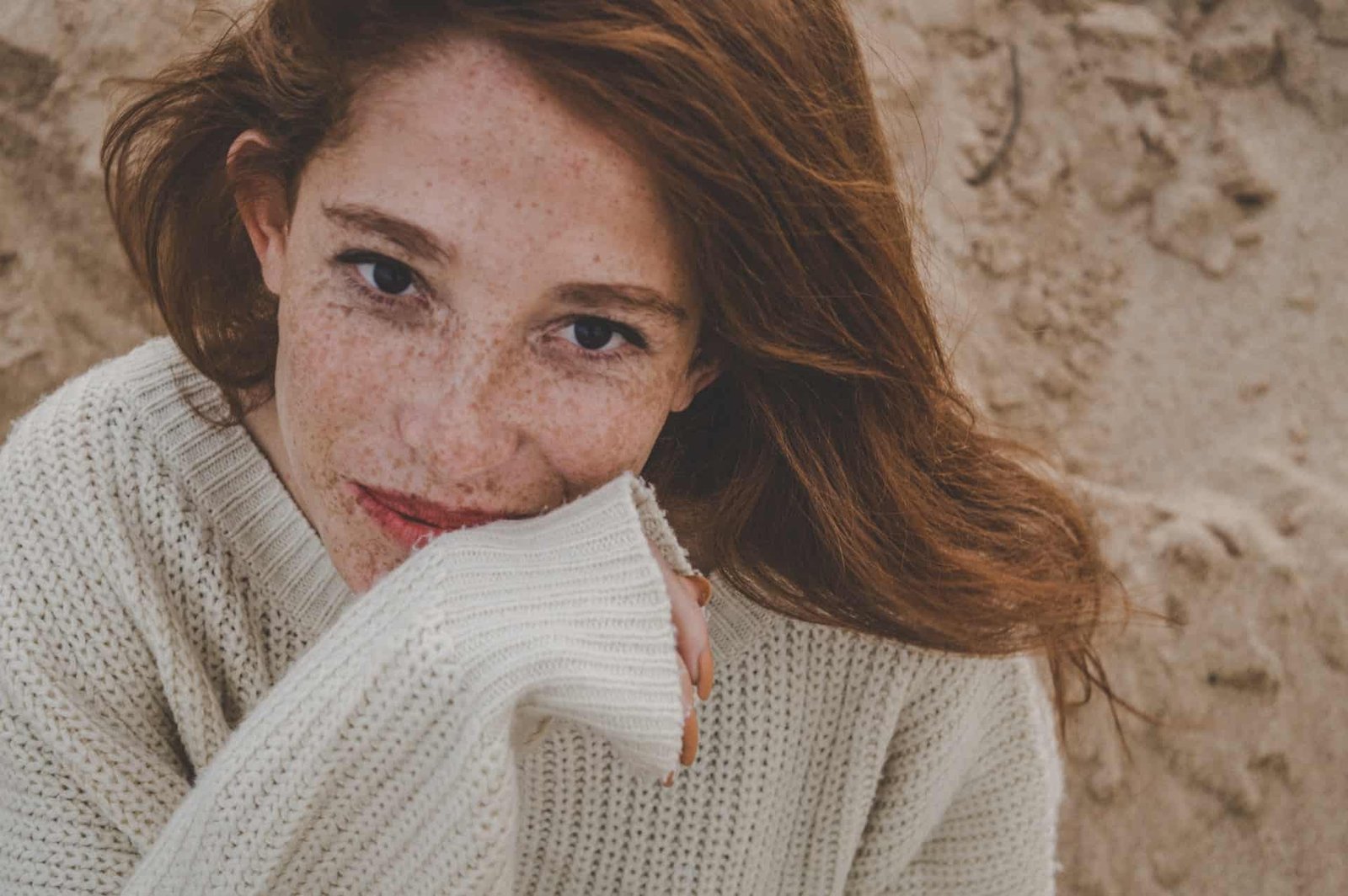
24. wavy hair skvlnité vlasy
25. curly hair skbrčkavé
26. spiky hair skježaté vlasy ( upravené tužidlom, do tzv. pichliačov)
27. fringe skofina
28. thick brown hair skhusté hnedé vlasy
29. big round blue eyes skveľké okrúhle modré oči
30. long eyelashes skdlhé mihalnice
31. look / appearance skvzhľad
32. gorgeous / stunning sknádherná/ ý
33. handsome man skpekný muž
34. good looking skpekný/ á
35. he is bald-headed skje plešatý
36. she is in her 40´s skmá medzi 40 a 49 rokov
37. she is in her early 40´s skmá niečo po 40-ke (40 – 45)
38. she is in her late 40´s skmá ku 50-ke (45 – 50)
39. middle-aged man / woman skmuž / žena stredného veku
40. casual wear / clothes skpohodlné oblečenie
41. trendy / chic clothes skmoderné oblečenie
42. smart clothes skelegantné oblečenie
43. distinguishing features sktypické / rozpoznávacie znaky / črty
44. birthmark / mole skmaterské znamienko
45. dimples skjamky v lícach
46. sensitive skcitlivý
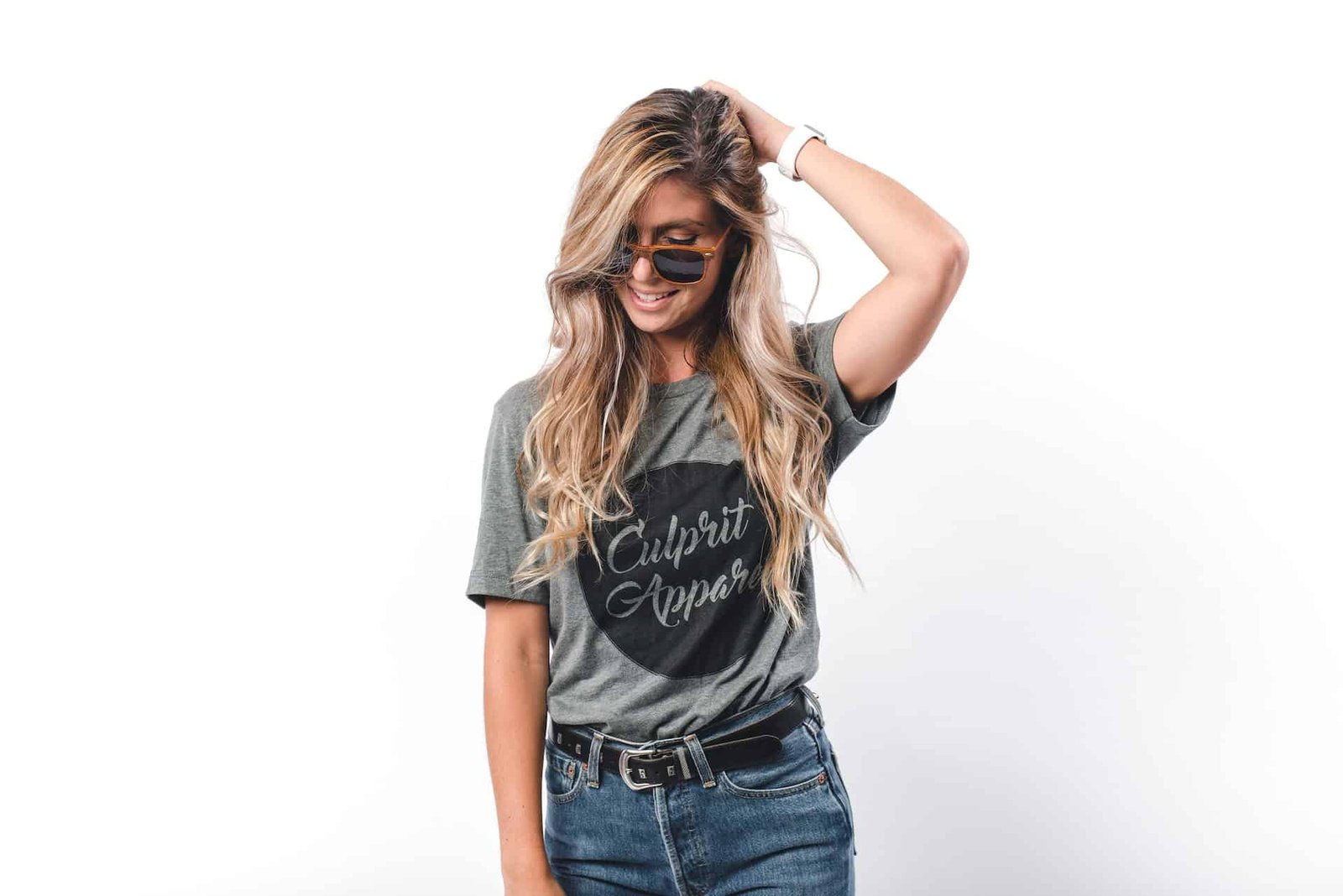
47. laughter lines skvrásky od smiechu
48. smile lines around her eyes skvrásky okolo očí
49. beauty spot skznamienko krásy
50. has a beard skmá bradu
51. moustache skfúzy
52. goatee / goatee beard skkozia briadka
53. clean-shaven skhladko oholený
54. unshaven skneoholený
55. pseudo idols skfalošní hrdinovia
56. overrated skpreceňovaný
57. to influence skovplyvňovať
58. to hesitate skváhať
59. brave skstatočný
60. ordinary people skobyčajní ľudia
61. integrity skmorálka,zásadovosť
62. honesty skčestnosť
63. honest skčestný
64. responsibility skzodpovednosť
65. responsible skzodpovedný
66. humility skpokora, skromnosť

67. modest / humble skskromný
68. forgiving skodpúšťajúci
69. understanding person skpochopenie, chápajúci človek
70. politeness skslušnosť
71. polite skslušný
72. kindness skláskavosť
73. kind skláskavý
74. fairness skspravodlivosť
75. fair skspravodlivý
76. patience sktrpezlivosť
77. patient sktrpezlivý
78. look up to skobdivovať
79. take after skpodobať sa na
80. get on well with skvychádzať s niekým dobre
81. stubborn sktvrdohlavý
82. bossy skpanovačný
83. strict skprísny
84. careful skopatrný
85. outgoing / sociable skspoločenský
86. cheerful skveselý
87. sensible / wise / clever skrozumný, praktický
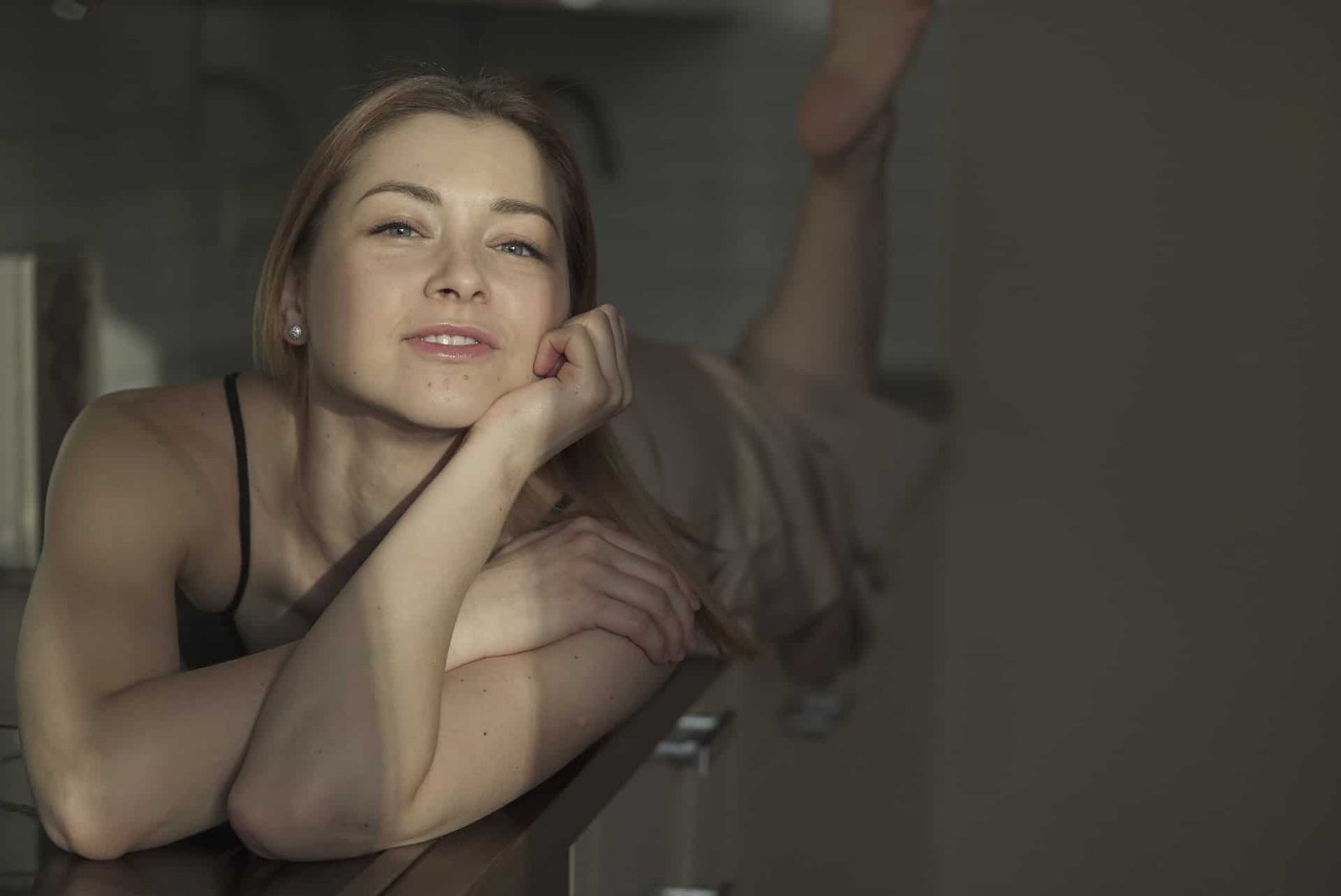
Compound adjectives describing people
(Compounds are 2 different words with a hyphen.)
- Open – minded (otvorený novým veciam) this person likes trying new things, he/she is a “yes” person.
- Closed – minded (konzervatívny) this is opposite of open-minded. This person is very conservative and doesn’t like new things and changes. He/she is a “no” person.
- Laid – back (pohoďák) a positive expression. This person is relaxed, happy, and calm and hardly ever worries. Example: She is a laid-back person. / She is laid-back.
- Hard – working (usilovný) always doing a lot of work; It´s opposite of “lazy”.
- Coolheaded (rozvážny) this person has the ability to stay calm and think clearly in difficult situations.
- Hotheaded (splašený, prenáhlený) doing things or reacting to things quickly and without thinking carefully first.
- Absent-minded (roztržitý, zábudlivý) this person often forgets things or does not pay attention to what is happening near them because they are thinking about other things.
- Self-conscious (nesmelý, hamblivý) this is similar to “shy” or “to feel embarrassed”. This person feels uncomfortable because you are worried about what people think about you or your actions.
- Two-faced (falošný) this person talks badly about others behind their backs. He/she is two- faced. You cannot trust him/her.
Useful phrases:
- She is chic with good taste. – Je štýlová, s dobrým vkusom.
- Her life is full of ups and downs. – Jej život je plný vzostupov a pádov.
- She loves order and accuracy. – Má rada poriadok a presnosť.
- I am close to my mum. – Sme si blízki s mojou mamou.
- We get on very well. Vychádzame spolu dobre.
- I take after my mum in appearance/ in character. Podobám sa na mamu (vzhľadom/ povahovo )= I am similar to my mother.
- Although she has her faults, I love her. Nobody is perfect.
Mať rád…
- like /love /enjoy / to be interested in / to be keen on / to be fond of / to be really into +ing
Adjectives Ordering
LENGTH + TYPE + COLOUR + NOUN: long wavy blonde hair
Share this with your friends👉
© 2025 Petra Yvonne English – English online





